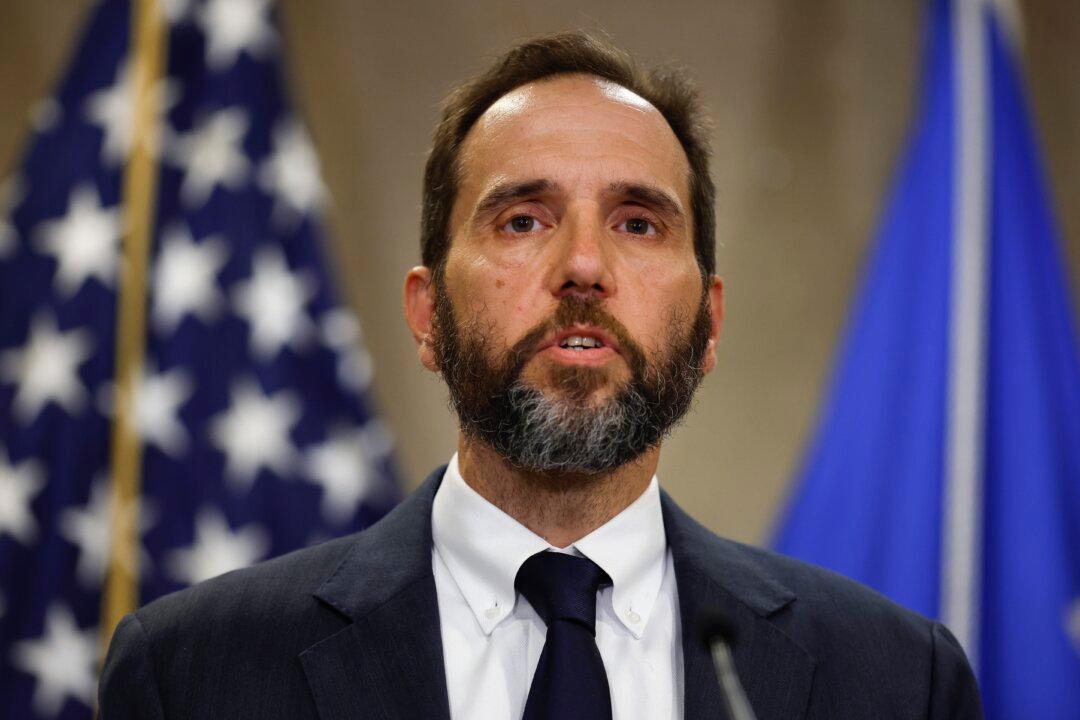Special Counsel Jack Smith has requested a delay in the classified documents trial involving former President Donald Trump, proposing a new trial start date of Dec. 11.
The request asks for the trial to be delayed by four months because there is classified information involved. To handle this information, Trump’s lawyers need to get security clearances, and that process takes time.





